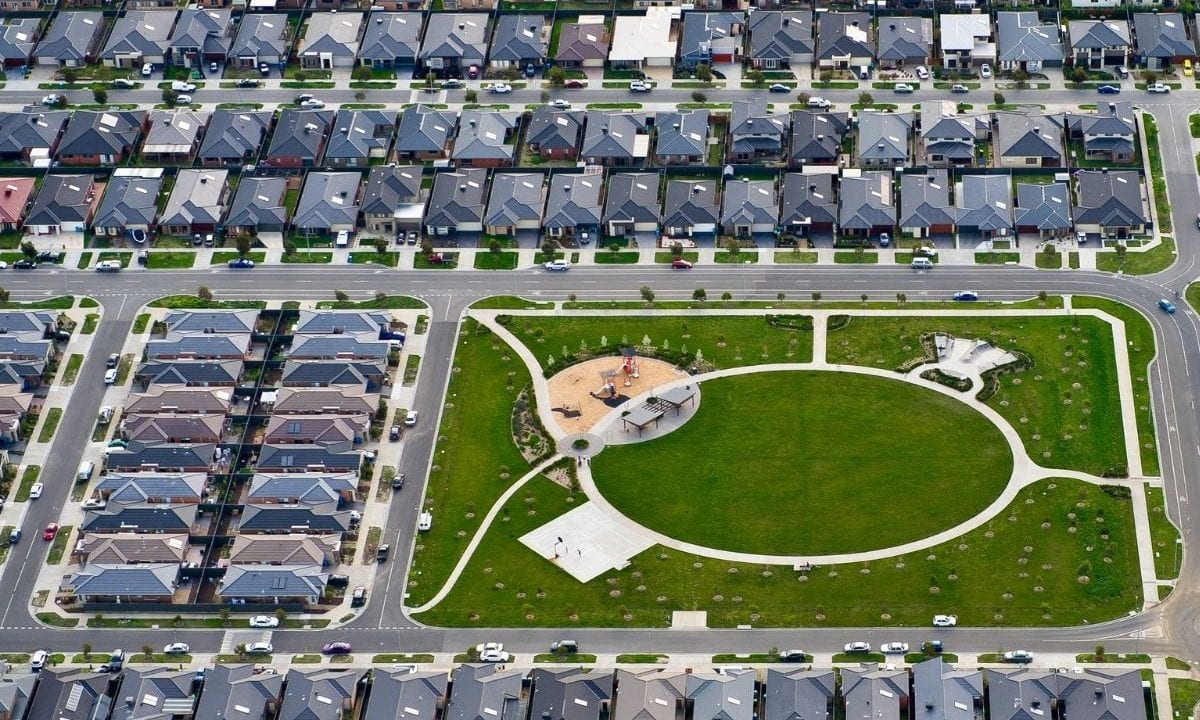
House prices across Australia will rise by 15 per cent by the end of the year before slowing to just 5 per cent in 2022, a new Westpac Housing Pulse has revealed.
The quarterly report, released this week, revealed markets across Australian capitals are in a “fully fledged, broad-based boom”.
Westpac senior economist Matthew Hassan said all aspects of the market were showing outright strength, with turnover 30 per cent above the national pre-COVID peak.
Prices are 8.5 per cent above their pre-COVID highs, pushing record levels in most markets.
“Everyone is out there looking for any hint of a moderation to this boom,” Mr Hassan said. “So far, there is nothing really that convincing – auction clearance rates have come off slightly, but we are only talking about 2 per cent or 3 per cent and still running around 80 per cent.
“There is nothing but a slight cooling off from ‘red-hot’ to ‘hot’ at best, and it is not really a sign things are about to turn cold,” he said.
The strength of the market had been surprising, but could not continue at such a fast pace, especially if home buyers could no longer afford to get into the market, Mr Hassan said.
“We’ve been pretty amazed by some of the strength the market has shown throughout 2021,” he said. “We do expect it to slow because you can’t expect such vigorous price gains without people’s ability to service a loan [being affected].”
The Reserve Bank and Australian Prudential Regulation Authority (APRA) would be concerned once property prices rose by 15 per cent, which was why Westpac expected some form of macro-prudential intervention in the first half of next year.
That could include tightening the loan-to-value ratios or a cap to investor credit growth, Mr Hassan said.
“It will be a soft landing really — 5 per cent growth is very gentle,” he said.
Strong price gains were happening across all capital cities, particularly Sydney, during the coronavirus pandemic, setting it apart from other housing booms in Australia.
“In previous price rises two to three cities propelled the gains each time, one cycle was Sydney and Melbourne and the cycle before that was the mining states with one or two cities sitting it out,” Mr Hassan said. “That’s just not happening now because all cities are booming.”
Meanwhile, a Finder RBA Cash Rate Survey of 40 experts and economists, released Monday, revealed the average house price could rise by 21 per cent in Sydney — or $216,300 — in 2021.
Over the next six months, that rise is expected to be about 8 per cent.
Finder head of consumer research Graham Cooke said Sydney’s property market continued to soar to record breaking levels.
“To put that into perspective, prices rose by just 4 per cent in 2020 and 2019, and dropped by 8 per cent in 2018,” Mr Cooke said. “A 21 per cent increase would be the highest annual increase for the Sydney property market in recent history, beating the previous record of a 15 per cent rise in 2013.”
Brisbane’s house prices were expected to jump by a massive 17 per cent, or by $98,770, while Melbourne’s were expected to rise by 15 per cent, or by $120,900, by the end of the year.
Perth’s property prices were also expected to rise by 15 per cent in 2021, and Adelaide’s by 13 per cent.
Six-month predictions for Canberra and Hobart saw prices tipped to rise by 7 per cent and by 6 per cent in Darwin, the Finder survey revealed.
While price booms were still predicted for the rest of this year, there are challenges ahead, Westpac’s Mr Hassan said.
The “sleeper issue” for Australia’s property market was the continued closure of international borders to new migrants.
“We have a sharply slower population growth and sharply lower physical demand for new dwellings,” Mr Hassan said.
With HomeBuilder seeing many new homes to be built over the next 12 months, Australia could start to see a rise in vacancy rates.
While Sydney and Melbourne had seen a rise in inner-city vacancies, this was part of the initial “COVID-19 shock,” Mr Hassan said.
“The HomeBuilder balance of supply and demand will see housing shift away from shortages and that could hit next year,” he said.
Source: Domain.com.au

